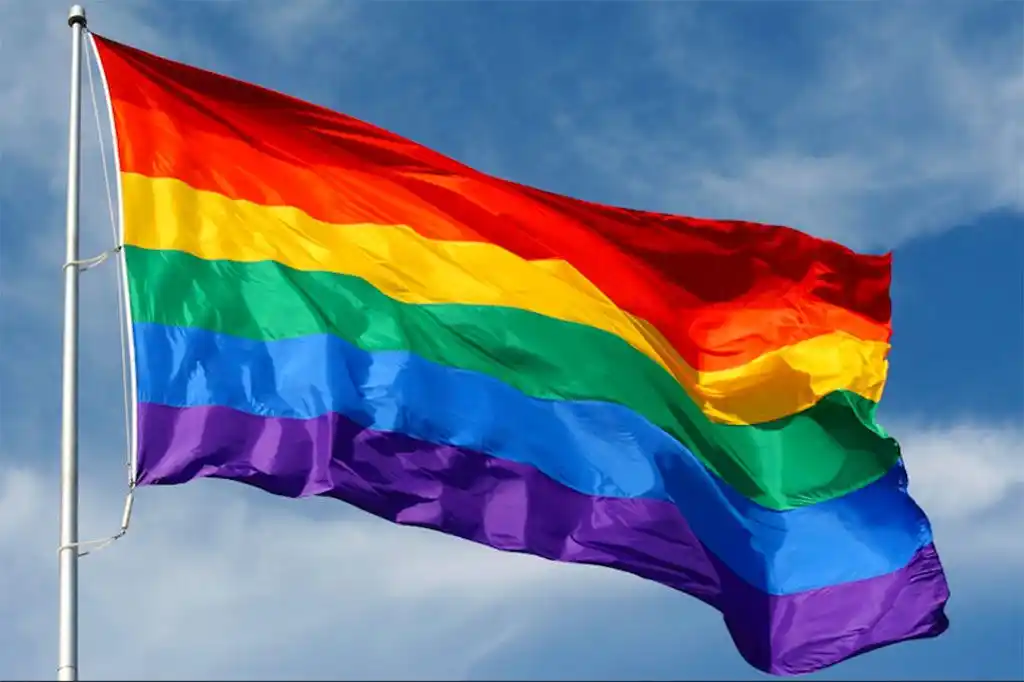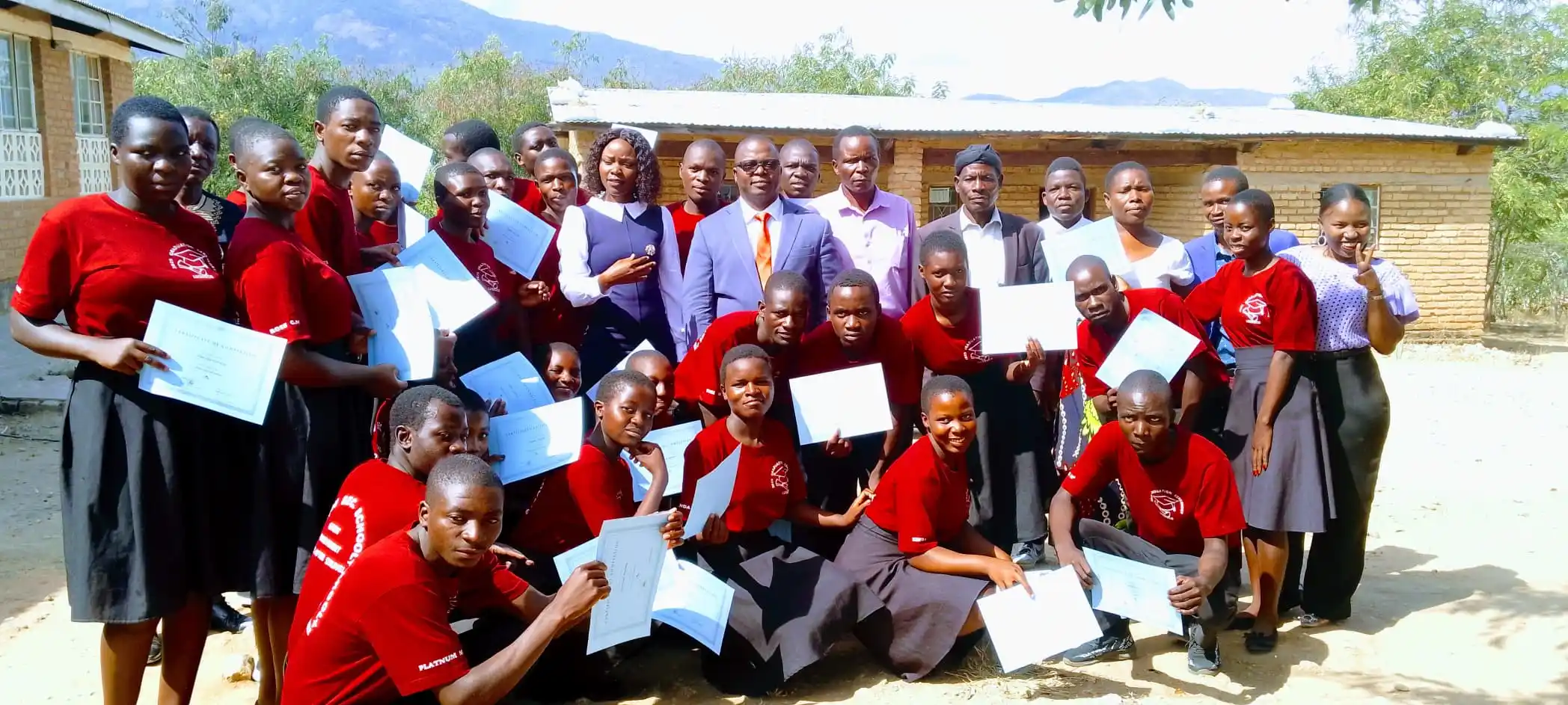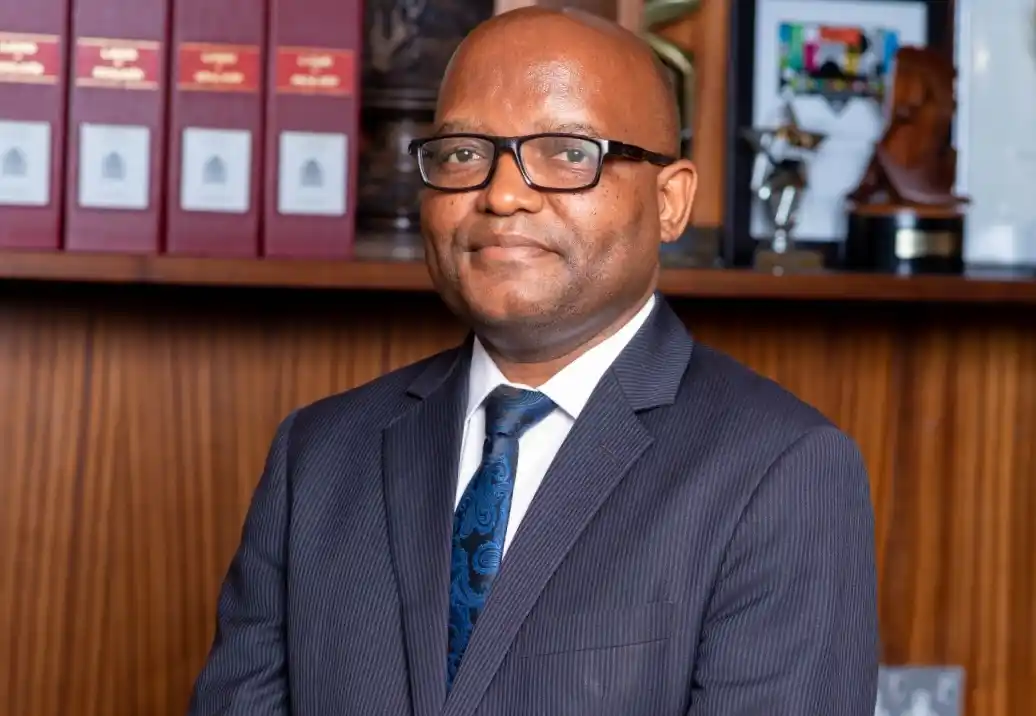
Technically speaking; a year has passed since the High Court seating as Constitutional Court handed down its judgment which criminalised same-sex intimacy. A year down the line, some law scholars feel the judgment was a missed opportunity to usher in a new era of rights protection rooted in the Constitutions spirit and purpose. Tamanda MATEBULE reports.
A year after the Malawi Constitutional Court upheld a ban on same-sex sexual conduct … law scholars cant stop their scrutiny of the ruling.
On June, 24, 2024, the High Court seating as Constitutional Court in Blantyre refused to overturn same-sex laws; meaning LGBTI persons in the country stood to continue facing prosecution for who they are and who they chose to love.
However, constitutional lawyers feel the court could have done better by properly dissecting submissions, parties submitted rather than just regurgitating them.
In dissecting the submissions, the law scholars think, the court could have ended-up with its own decision than, that, which merely agreed with the submissions.
This is a reflection of constitutional lawyers in reflecting on how the Republican Constitution has served the nation in upholding, promoting and protecting rights of the Malawian people three decades down the line since its adoption.
Nonetheless, whilst strides have been made in other spheres of the constitution and its application and interpretation, therere questions over minority rights like those of Lesbians, Gays, Bisexual, Transgender, Queer and Intersex (LGBTQI) community as same sex remains a criminal offence.
Others argue; criminalization of rights of the minority makes Malawi laws discriminatory.

Given the matter was a constitutional referral; lawyer Bernard William Mbalati argues that in meting-out its judgment, the court needed to have been generous in its interpretation of the matter as the court had to address whether consensual same sex was a crime.
“When we are dealing with constitutional interpretation we ought to be generous not as it were in the Akster case. Where theres open risk, the interpretation itself ought to be generous and wide enough,” argues Mbalati.
In his paper titled The Constitutional Dilemma on LGBTI presented at a recent Constitutional Conference to mark 30 Years of the Malawi Constitution, Mbalati takes to task the Constitutional Court for some underlining flaws in its judgement.

One flaw; he observes is failure by the court to clarify its position on framers of the 1964 Constitution to have had in mind issues to do with sexual orientation — a conclusion reached without any factual or legal basis.
“The court just arrived at that conclusion without giving us a factual or legal background on how they reached at that position,” argues Mbalati.
For corrective remedy; he suggests, the court could have borrowed a leaf from the 2019 Presidential Dispute Trial where the court had given its interpretation of “majority as clearly as meaning majority shall mean 50 percent plus one.”
But in this case of same sex orientation, he wonders, in the absences of any legal or factual basis: “what does other status mean? Because the court did not interpret what other status mean?
“The courts decision failed not only legal scrutiny, but also moral clarity. By failing to pronounce itself clearly, the judiciary missed an opportunity to usher in a new era of rights protection rooted in the Constitutions spirit and purpose.” Submits Mbalati.
“The courts decision failed not only legal scrutiny, but also moral clarity. By failing to pronounce itself clearly, the judiciary missed an opportunity to usher in a new era of rights protection rooted in the Constitutions spirit and purpose.” says Mbalati.

By the same coin; a constitutional professor Mwiza Nkhata says the judgement lacked critical analysis of the submissions presented by the bar when the court chose to be narrow in analyzing the arguments presented by the parties.
“When you got down to analyzing those various submissions; the court still chose what it wanted to do … I think heres an example of where the fault wasnt with the bar because the bar did give the court all the material they could have been given.
“And the panel could have distinguished itself. It may not have agreed with what they said; it could have taken time to properly dissect what the parties had given it rather than just regurgitating the submissions at length,” observes Professor Nkhata.
On the tail-end; the global rights watchdog, Amnesty International echoes these observations.

Khanyo Farise, deputy regional director for East and Southern Africa says the decision to uphold the ban on consensual same-sex conduct was a bitter setback for human rights in Malawi.
He argues the decision contradicts both Malawis own constitution and other international treaties namely the African Charter and international human rights law which prohibit discrimination.
He fears the judgement would make LGBTI persons in Malawi continue to face discrimination.
Farise adds: “The courts refusal to overturn these laws means LGBTI persons in Malawi will continue to face discrimination and persecution simply for who they love. In particular, this ruling translates to continued barriers in access to healthcare and other social services for LGBTI persons.”
A year later, the judgement has left the LGBTI society and their lobby groups like Nyasa Rainbow Alliance uncertain as they still cant express themselves freely and openly irrespective of calls to repel the penal code that criminalises same sex relationships.
With Jana Gonani a trans-gender woman serving a prison sentence for an offence in 2021 following an altercation in Mangochi; Shabani Maundala, a trans woman in the free world fears her life to free expression has been robed-off.
“I cant imagine being subjected to the experience Gonani went through at the hands of the Malawi Police Service where a male officer subjected her to a genital examination and also placed her in a male holding cell.
I cant even imagine the experience she went through when she had to be sent to a hospital under the pretext of confirming her mental state, simply for identifying as trans. This scares me but I have no option because I am just what I am,” says Maundala.








0 Comments